Premier League clubs are set to vote on significant changes to the number of games available in the next TV rights deal during a special meeting scheduled for next week. The decision comes after discussions at a shareholders meeting in London on Thursday, where clubs were updated on the proposals.
The expected outcome is a notable increase in the number of matches made available to domestic broadcasters in the upcoming rights cycle, set to commence in 2025. This expansion will likely lead to more Saturday evening fixtures and could also introduce regular Friday evening games.
One key issue yet to be resolved is the distribution model for the additional payments that the Premier League will make, estimated to be just under £130 million. These payments are intended to benefit the “English Football League (EFL).” Talks between representatives from the Premier League and EFL clubs took place on Wednesday and were characterised as positive. The matter will be further discussed at an upcoming EFL meeting.
Additionally, Premier League clubs received feedback regarding the six-team summer series held in the United States, which was reportedly well-received. However, future editions of the event are uncertain due to scheduling conflicts, with the Club World Cup planned for 2025 and the World Cup in 2026, and NBC, a Premier League broadcaster, committed to showing the Olympics next year.
Positive news was also conveyed regarding the contentious issue of additional injury time in matches. This season, the average length of match time increased by approximately three minutes and 30 seconds, totaling an average of 101 minutes and 40 seconds per match. Importantly, the “effective” playing time, or time when the ball is in play, also rose by an average of four minutes and 25 seconds to 59 minutes and 30 seconds.
These developments indicate a willingness among Premier League clubs to adapt to evolving viewer demands and changes in the global football landscape, while ongoing discussions with the EFL suggest collaborative efforts to address the financial impact on lower-tier clubs.


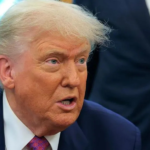

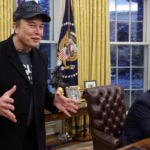

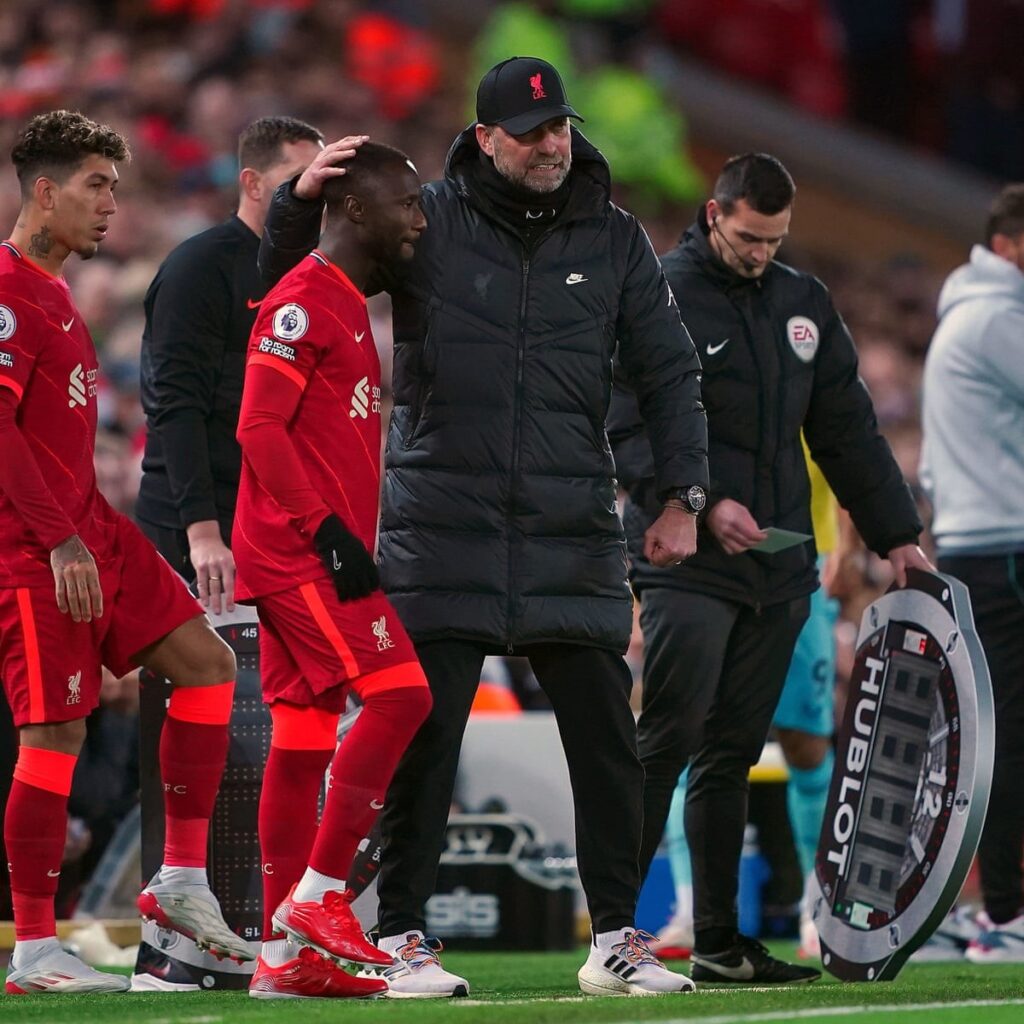
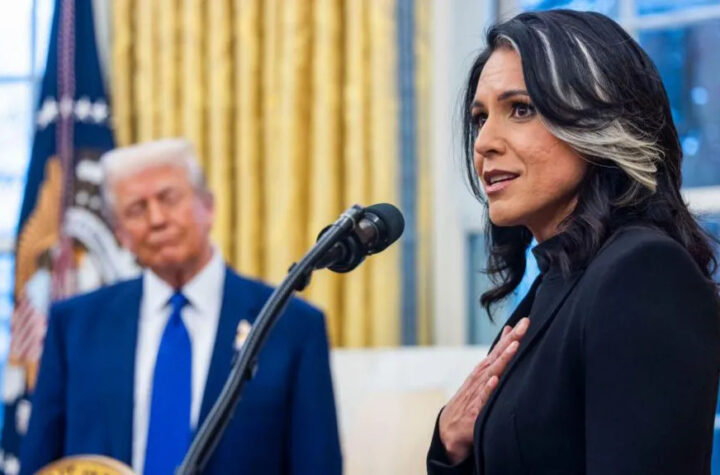
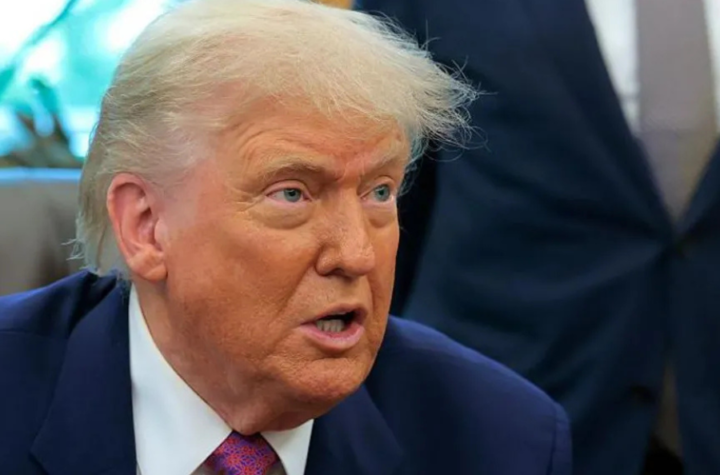
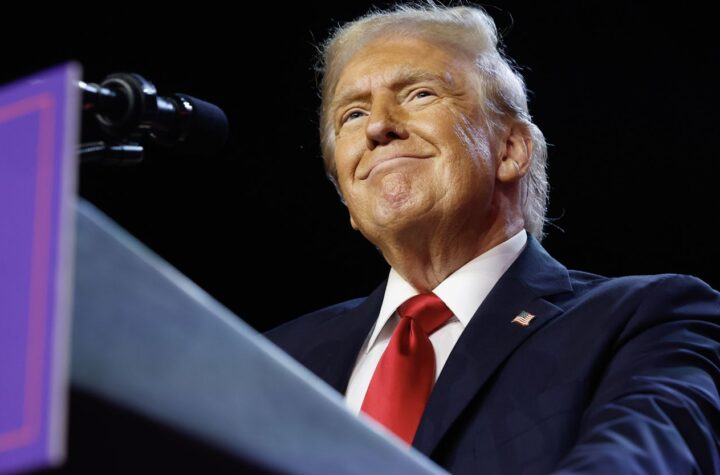
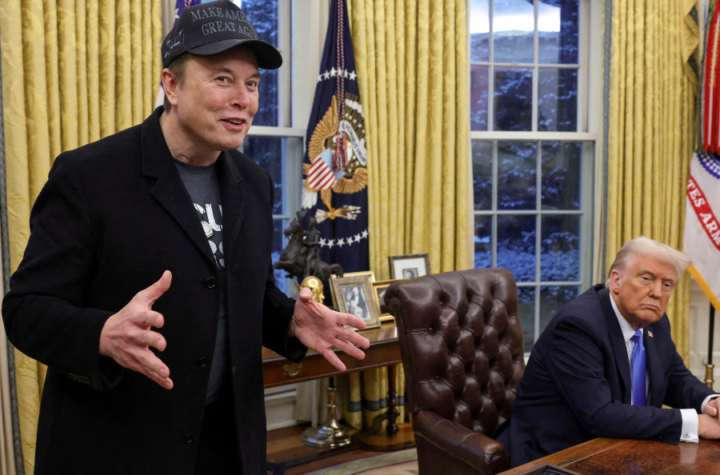
More Stories
British Ex-Soldiers Set Everest Record with Rapid Ascent Using New Technique
Injured Bumrah ruled out of India’s Champions Trophy campaign
Smith’s century puts Australia ahead of India